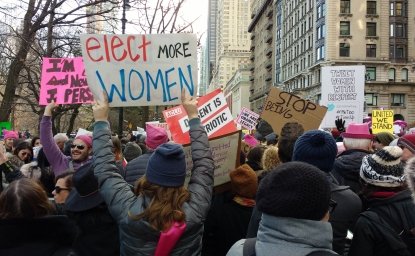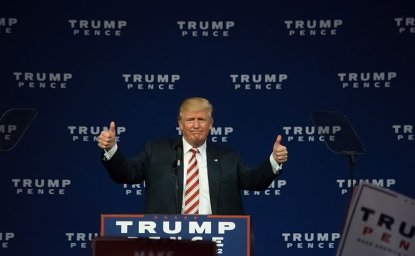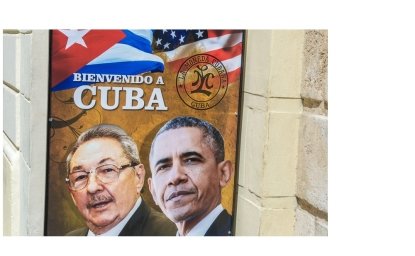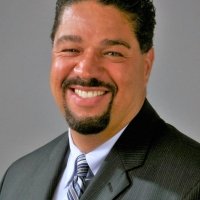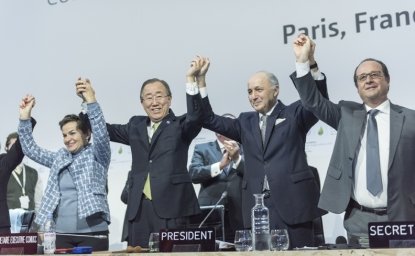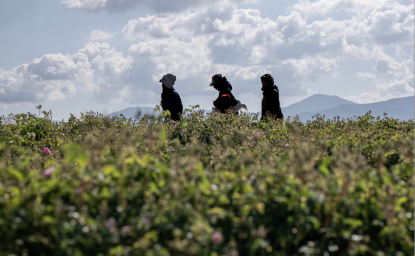Is this the climate change “game changer” that the world has been waiting for? An expert panel gathered to assess what was accomplished during the Paris climate talks, and what the agreement means moving forward.
Speakers
Thomas Lovejoy, University Professor, Environmental Science and Policy, George Mason University
Andrew Steer, President and CEO, World Resources Institute
Andrew Light, University Professor of Public Policy, George Mason University
Paul Bodnar, Senior Director for Energy and Climate Change, National Security Council, The White House
Helen Mountford, Director of Economics, World Resources Institute
Roger-Mark De Souza, Director of Population, Environmental Security, and Resilience, Wilson Center

